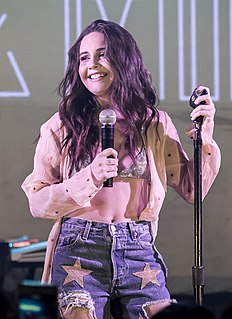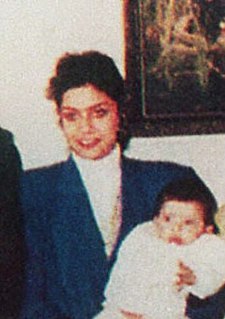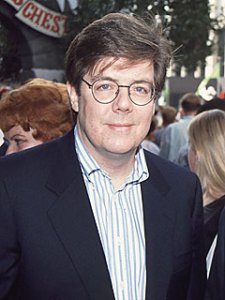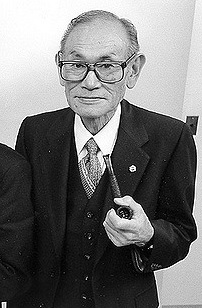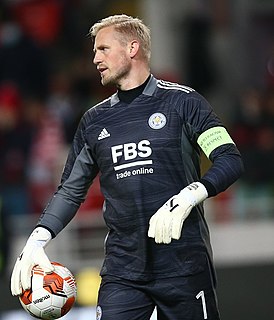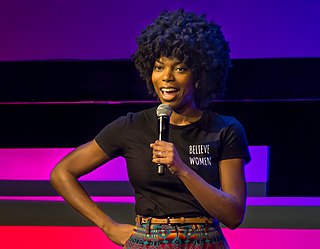A Quote by Lee Isaac Chung
I had my daughter in 2013, we moved to L.A. and there's just lots of things that were happening that were feeding into the desire to tell a story that's more personal and to talk about what it's like to be a father.
Related Quotes
I always wanted to have a young female artist that would tell me the truth about life and not only talk about the good things or the things that were exciting or interesting but also talk about the things that people in general are skeptical to talk about- the bad things that do happen. A good 50% of our lives is things that are happening that we're not necessarily super thrilled about and I feel like that's missing from pop music a lot of the time so my main goal is to be truthful about everything and not just specific things.
After about midday my dad sent cars from his private collection for us. We were told to get in. We had almost lost contact with my father and brothers because things had got out of hand. I saw with my own eyes the [Iraqi] army withdrawing and the terrified faces of the Iraqi soldiers who, unfortunately, were running away and looking around them. Missiles were falling on my left and my right - they were not more than fifty or one hundred metres away. We moved in small cars. I had a gun between my feet just in case.
One of the things I know about my family, my generation, and my ethic background is that we put in work and I'm not just talking about just to eat. You have to think about the civil rights movement, they were putting in work; marching, walking miles and miles, sacrificing, getting on the bus, feeding one another, they had schools, voter registration, they were working! They were hard workers so my advice is to work.
Before the war, my parents were very proud people. They'd always talk about Japan and also about the samurai and things like that. Right after Pearl Harbor, they were just real quiet. They kept to themselves; they were afraid to talk about what could happen. I assume they knew that nothing good would come out of it.
People have suggested that perhaps we are too affluent to be telling this story, which is amazing to me because then I wonder what story I am allowed to tell. Having been working with the homeless for the past years, I noticed lots of things about them, but one thing I really noticed was that they were probably too busy just getting though the day to make a film about themselves.
I wish this story were different. I wish it were more civilized. I wish it showed me in a better light, if not happier, than at least more active, less hesitant, less distracted by trivia. I wish it had more shape. I wish t were about love, or about sudden realizations important to one’s life, or even about sunsets, birds, rainstorms, or snow. I’m sorry there is so much pain in this story. I’m sorry it’s in fragments, like a body caught in crossfire or pulled apart by force. But there is nothing I can do to change it.
There are so many issues that impact women. When we talk about prison reform, for example, women were [once] sterilized in women's prisons. When they were giving birth, they were asked to sign paperwork but they weren't even completely conscious of what they were signing. That sounds like something that would never happen in America, but it was happening, not just in America, but in [California], one of the most progressive states in the United States.

